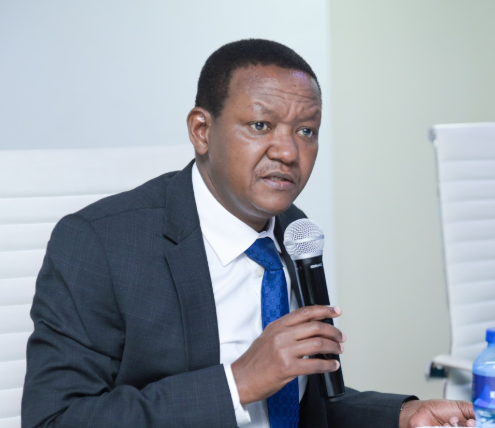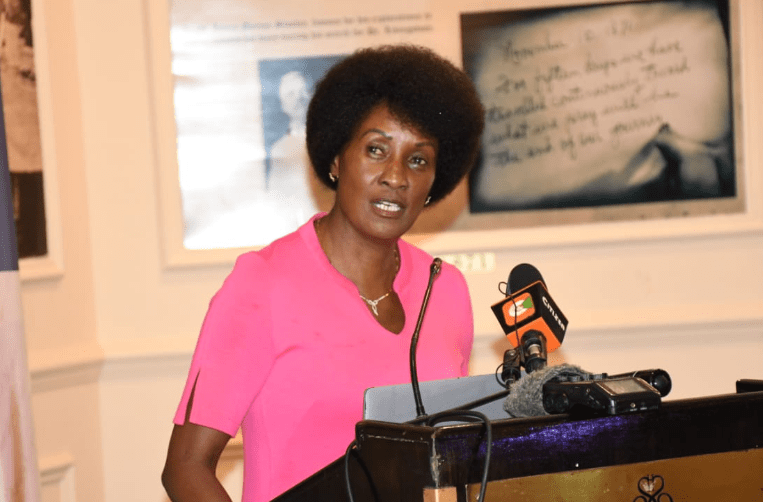Kenya should be exporting ideas, not just labour

In 2007, a few Kenyans built a digital map to track post-election violence. They called it Ushahidi. What began as a crisis response tool is now used in over 160 countries! It’s used to monitor everything from floods in India to protests in the United States. Kenya did not export a commodity. It exported a solution. An idea born from local need, refined through creativity and delivered to the world.
Kenya is full of this ingenuity. We build under pressure, solve daily challenges with limited resources, and navigate broken systems with innovation and grit. But we rarely see these efforts as exports. Our exports are mostly tea, flowers, athletes, and tourists. We do not count what leaves the mind.
Ideas today spread further, persist longer, and hold more sway than material goods ever did. One breakthrough, a fintech app, a governance tool, a policy model, or a cultural product, can reshape how countries operate. We have done it before, but why are we not doing it?
We often say Kenya is “full of potential”. But potential does not scale. Systems do. An idea that stays locked in a grant proposal, buried in bureaucracy, or stuck in a pilot phase dies silently. If we want to become a nation known for exporting ideas, we must start treating innovation as infrastructure, not a side hustle for a few coders or creatives.
This begins with belief. We must believe that what we build here can serve the world and back it with a national strategy. Our embassies, for example, shouldn’t promote only trade and tourism. They should showcase Kenyan-made tools, platforms, and solutions. Imagine walking into a Kenyan embassy and seeing civic tech platforms, agro-data apps, and locally built legal tools on display. If Estonia can export digital ID systems, Kenya can export homegrown technology!
We also need a national repository of proven, local solutions. From successful county programmes to informal sector innovations, Kenya has working ideas ready to scale. A searchable, living database of these efforts would prevent duplication and allow us to package our best tools for regional or global replication.
Universities, too, must grow. They should not exist only to produce theory but become labs for testing practical solutions. Academic research must be connected to everyday problems. Students need support to create, perfect, and launch practical products. We must start rewarding relevance, not just citations.
The creative economy also holds enormous potential. A Sheng web series that reshapes how young people think is just as valuable as a white paper. Music, film, fashion, and storytelling – these are not “soft” exports. They are core parts of our intellectual capital. Kenya should be a leader in setting global agendas, not just a follower.
Of course, this requires funding and support. We need a public innovation fund not just for startups, but also for civic, social, and cultural innovations. We must stop waiting for Silicon Valley to validate our work. If a platform works in Kisumu or Mombasa, it could just as easily work in Kigali or Toronto.
The writer is an Innovations Evangelist and a PhD Candidate; machariamuhoho@gmail.com














